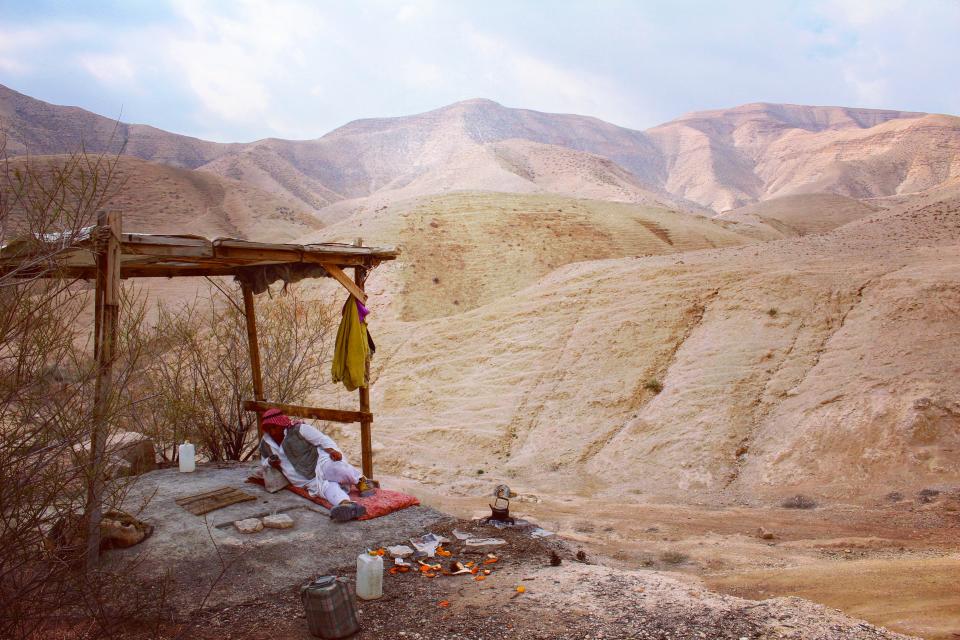Why doctors and engineers are at the heart of Palestine's economic conundrum

Middle East economies are tipped to have just grown by 1% in 2019 and, as pointed out by delegates at the World Economic Forum in the session ‘Strategic Outlook: Middle East Economies,’ this is not enough to help make a dent in unemployment rates across various regions.
Some economies like Egypt have talked about greater cooperation with the private sector to address the . issue, according to Rania A. Al-Mashat, minister of international cooperation of Egypt. But in the session, Palestine’s new prime minister Mohammad Ibrahim Shtayyeh outlined the region’s unique problem.
“The region suffers from certain imbalances due to the lack of political uncertainty. Those who export capital aren’t doing it and those who export people aren’t doing it,” he said, emphasising how this all hurts investment.
“We suffer from unusual conditions — we are under occupation for our land and water and so we have to design our system within that.”
Much of the world’s problems, when it comes to unemployment, is down to unskilled labour being pushed out — especially in light of the fourth industrial revolution where technological advancements have meant automation, artificial intelligence, and robotics are replacing human jobs. However, in Palestine, the issue is with the glut of skilled workers who can’t find a job.
READ MORE: Economics professor: The biggest global risk with greater digital disruption in finance
“The problem we have with unemployment is not with the unskilled labour, it’s with the very skilled labour — 45% of our university graduates are unemployed,” said Shtayyeh.
“They’re not leaving either because the regional labour market is not able to absorb the new commerce and then there’s the political chaos. So we are merely stuck with what we have.”
He outlined that that in the West Bank, there are 27,000 engineers but out of those graduates, 8,500 are unemployed. In Gaza, there are 18,000 engineers but 11,000 are unemployed.
During the discussion for extra causes, he did acknowledge that it is also cultural.
“It has also to do with the culture. Every mother wants to see their son as a doctor or engineer or so on, so that’s why we’re redesigning things,” he said, acknowledging that career ideals don’t match up with market demand.
In order to tackle this, he said the government is implementing a multi-pronged approach to alleviate the problem of unemployment and empower the younger generation.
“We have introduced new programmes with applied sciences and vocational training, so we’re creating five levels of vocational training from school onwards. We’re developing a program similar to the Germans — a dual system,” he said.
He also outlined another initiative, including giving away land.
“One of the initiatives is that we are giving plots of land — the size of 2.5 acres —so graduates can do what they need with it to create and develop industry,” he said.
“We have also created a fund with the Islamic Development Bank of $500m (£382.9m) of which $216m has been pledged and $57m has been paid. The idea is to empower the young people by creating jobs and shares in newly established companies in the private sector.”

 Yahoo News
Yahoo News 
